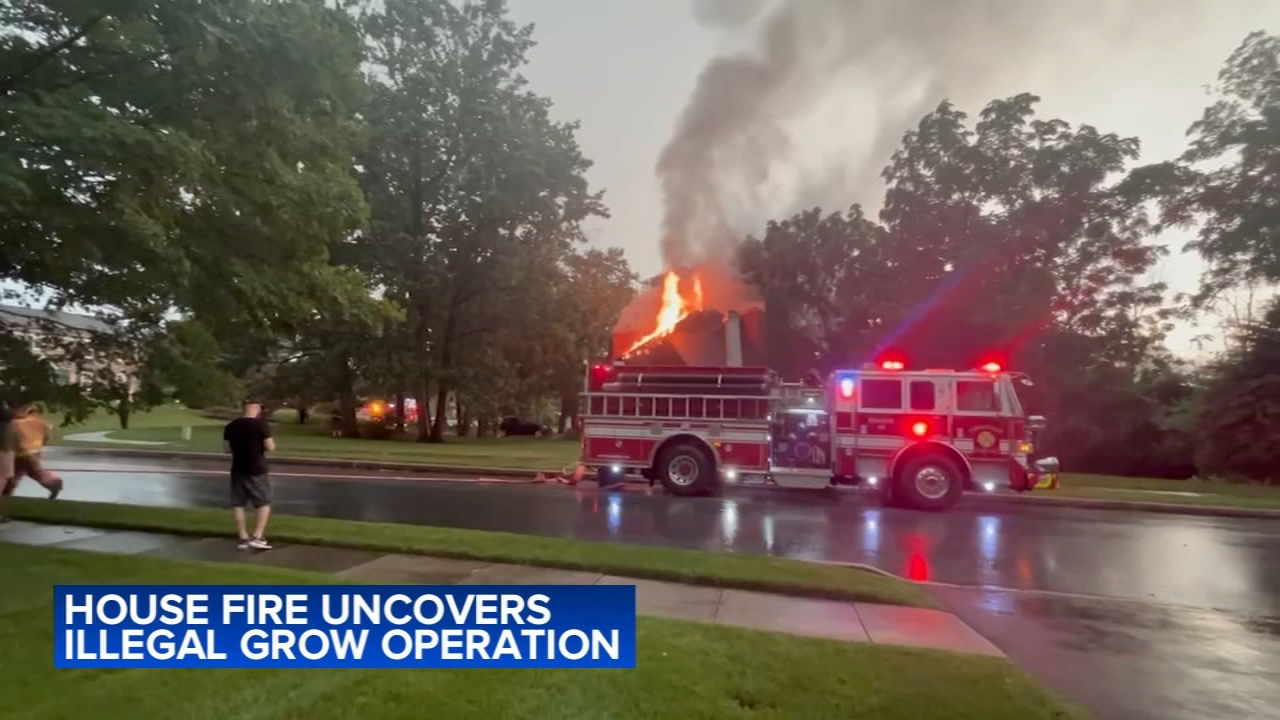Questions over birthright citizenship loom after SCOTUS decision

PHILADELPHIA (WPVI) -- In a 6-3 vote, the Supreme Court ruled that district courts don't have the power to issue nationwide injunctions, including ones to stop President Donald Trump's executive order banning birthright citizenship.
President Trump, addressing the press, claimed victory.
"I'm grateful to the Supreme Court for stepping in and solving this very, very complex problem," said Trump.
READ MORE | SCOTUS, in birthright citizenship case, limits judges' power to block Trump policies
A coalition of Democratic attorneys general, including New Jersey Attorney General Matthew Platkin, says this is not an absolute victory for Trump because the Supreme Court did not address the actual issue of birthright citizenship.
"Let's be clear, birthright citizenship remains the law of the land in states like New Jersey and in every state across the country," New Jersey Attorney General Matthew Platkin (D).
Birthright citizenship, under the 14th Amendment, says any person born on American soil is an American citizen. The amendment was added to the Constitution after the Civil War, ensuring the children of formerly enslaved people were, too, considered American.
University of Pennsylvania Law Professor Cary Coglianese says that over more than 150 years, courts and Congress have interpreted the 14th Amendment as applying to anyone born on American soil.
"The Supreme Court in 1898 upholds the idea that this was not just limited to the children of slaves," said Coglianese.
The current Supreme Court's ruling opens the door for Trump to move forward on banning birthright citizenship and other executive orders.
"Hundreds of thousands of people are pouring into our country for birthright citizenship, and it wasn't meant for that reason," said Trump.
The American Civil Liberties Union (ACLU), which filed a lawsuit against Trump's executive order to ban birthright citizenship, released a statement to Action News. In it, Cody Wofsy, deputy director of the ACLU's Immigrant Rights Project, reacted to the Supreme Court's decision and its impact on the work that the ACLU does.
"The court's decision to potentially open the door to enforcement is disappointing, but we will do everything in our power to ensure no child is ever subjected to the executive order," said Wofsy
"We knew this would be a fight, but it's a fight worth having," said Platkin.
Organizations and political experts alike are watching what impact the Supreme Court's decision may have, not just now, but in the years to come.
"It will certainly help the administration move forward with a little less constraint, maybe a lot less constraint from federal courts on what it does," said Coglinese.
There will still be 30 days before Trump's executive order, banning birthright citizenship, can go into effect. The Supreme Court's decision did leave open other ways that it can be challenged, including through class-action lawsuits.







